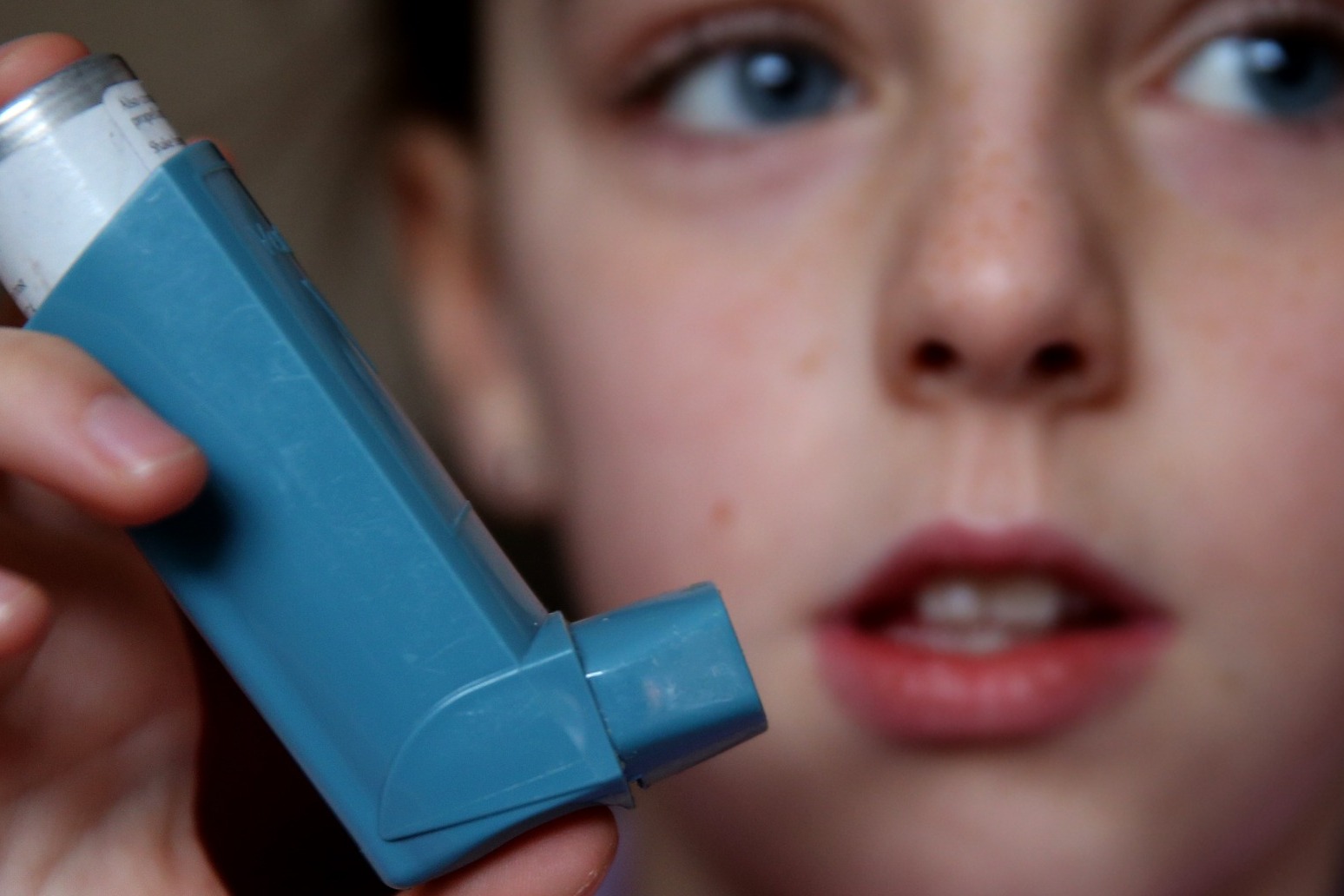
A campaign has been launched in schools to challenge the concept of “mild” asthma – by telling teachers to dial 999.
Asthma + Lung UK Scotland has launched a new campaign aimed at schools to help spot the first signs of an asthma attack.
The common condition is often misconceived as “mild”, but the charity wants caregivers to take urgent steps if symptoms do not improve.
Around 71,000 youngsters have asthma in Scotland, and in 2021/22 1,437 children ended up in hospital requiring emergency care because of their asthma.
Children with asthma have more sensitive, inflamed airways, which cause reactions to things like colds and viruses, pollen, dust mites, pollution, and stress.
Coughing, wheezing, feeling out of breath, and having a tight chest, are all symptoms.
A poster with five lifesaving tips has been created for schools, along with a card for parents of an asthmatic child to fill in to update staff.
Joseph Carter, head of Asthma + Lung UK Scotland, said: “We’re launching this awareness campaign because there is no such thing as mild asthma – as anyone with the condition could end up having a potentially life-threatening asthma attack.
“Common signs that a child might be at risk of an asthma attack include increased coughing, especially when doing activities, wheezing, and a tight chest.
“Symptoms vary, which is why it’s important that all caregivers including teachers, as well as parents, are familiar with a child’s individual triggers and red flags. These can be shared via the school asthma card which can be downloaded from our website.
“It is also vital to know what to do in an emergency. Following these five steps if a child is having an asthma attack, could be lifesaving.
“Get the child to sit up, rather than lying them down, and keep them calm. Help them to take one puff of their reliever inhaler (usually blue) with their spacer every 30 to 60 seconds, up to 10 puffs. If you don’t have their reliever, it’s not helping, or you are worried at any time, call 999 for an ambulance.
“If the ambulance has not arrived after 10 minutes, or the child’s symptoms aren’t improving, repeat step two. If there’s no improvement, call 999 again immediately.
“These steps are displayed on our new Asthma in School campaign poster which can also be found on our website.”
Rhea Kershaw, acting deputy head at Melrose Primary School, Scottish Borders, said: “With a number of children with asthma at school, it is vitally important that adults are aware of what the signs are when a child is having an asthma attack.
“The poster makes the five steps very easy to understand in an emergency, and ensuring parents fill in the school asthma card is important, so we are fully aware of what their child’s asthma triggers and required medication are.”
Public Health Minister Jenny Minto said: “Asthma is a condition that affects many people in Scotland, however, many people might not recognise the warning signs or know what to do in the event of someone suffering from an asthma attack.
“This new campaign to raise awareness about what to do if a child has an asthma attack is so important. Having an attack, or even witnessing one can be quite distressing and knowing what to do can help save a life.”
Published: by Radio NewsHub









